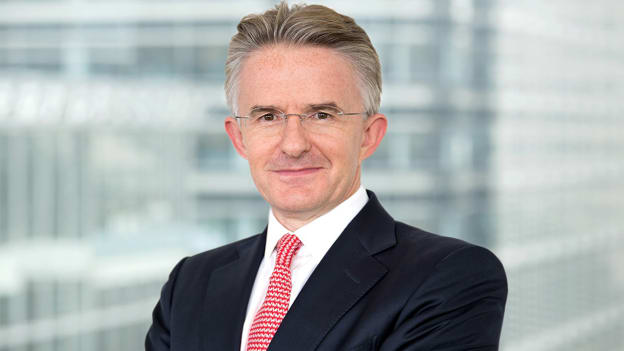HSBC CEO steps down by mutual agreement with the board

The Chief Executive of HSBC Bank, John Flint has stepped down from his role by mutual agreement with the board. Flint, who geld this role for less than 18 months failed to gain trust from board members. He will immediately cease his day-to-day responsibilities at HSBC, but will help with the transition as Noel Quinn takes over as interim CEO.
According to the reports, the bank’s board of directors had become increasingly frustrated at the slow pace of change at HSBC since Flint took the top job in February 2018.
According to rumors, Flint was unhappy in the job and had clashes with Mark Tucker, the bank’s Chairman.
On Flint’s resignation, Tucker thanked him for his commitment and dedication. However, he was also quoted saying, ‘In the increasingly complex and challenging global environment in which the bank operates, the board believes a change is needed to meet the challenges that we face and to capture the very significant opportunities before us."
He also added that Noel will be able to bring his experience and his perspective to think about growth, to move back again to the growth agenda.
On his resignation, Flint, who has worked at HSBC for 30 years, shared in media, “I have agreed with the board that today's good interim results indicate that this is the right time for change, both for me and the bank."
According to Ewen Stevenson, Chief Financial Officer, HSBC, up to 2 percent of the bank’s 238,000 employees would lose their jobs this year. The cuts will be targeted predominantly on highly paid, senior staff, meaning that the reductions will result in a 4 percent decline in the bank’s wage bill.
ImageCredits: hsbc.com
















